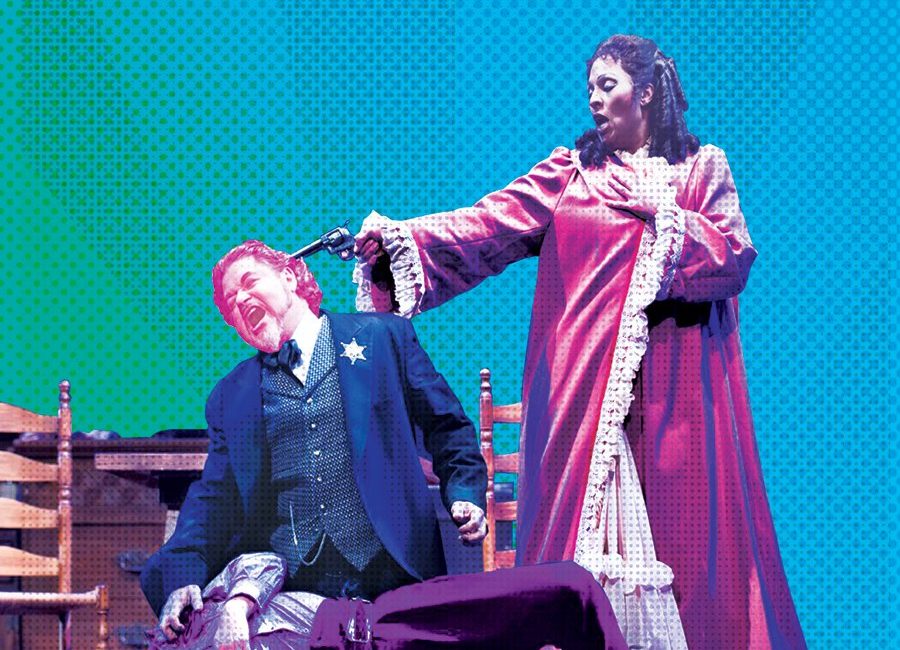
Indianapolis Opera Stages a Comeback
The story of the Indianapolis Opera might make a good opera itself. Our tale opens with a local group growing to become one of the most important cultural institutions in the city. Then, suddenly, it faces its potential demise. The Opera finishes its 39th season with no executive or artistic leadership and cancels its final performance because of budget troubles. It vows to go on, limping into its ruby-anniversary year with plans for a gala celebration (Nov. 15 at the downtown Marriott) and a makeshift performance schedule (details at indyopera.org). And now, the final act. Will the Indianapolis Opera revive like the Indianapolis Symphony Orchestra, or perish like Indiana Ballet? Will it end happily, like Turandot, or tragically, like Aida?
“We will survive,” says Arnold Hanish, IO’s board chairman, who has been around in various capacities since 1981 and recalls at least one show being canceled, and another postponed, prior to the one last spring. “With no bank debt on the books, my sense is we’ll be able to get our accounts payable current this year with a little bit of fundraising, which is desperately needed.”
In August, the organization hired a key consultant: Steven Stolen, former managing director of the Indiana Repertory Theatre. Stolen has seen arts groups through hard times before, but even he expresses some concern about an aging audience and uncertainty about IO’s future. “We’ll see,” he says. “I can’t fix it. The leadership of the opera has to fix it, and therein lies the question: Will it be willing to do the strategic things necessary to adjust?”
What might those be? Angela Brown, the Indy-born opera star, does a one-woman show called Opera … from a Sistah’s Point of View that “demystifies opera for audiences that normally wouldn’t go.” Her advice: Take opera to the streets and parks, like the terrace at the IMA. “Sometimes, being in the confines of a building can make people feel like they have to act a certain way,” she says. Brown also suggests trying pop-up opera to tease upcoming shows, and salon operas—shows in people’s homes, church basements, or community centers.
Other possibilities: Shorter performances. Programs that incorporate musical theater (think South Pacific) and contemporary operas (Dead Man Walking). More youth programming. Whatever can be done to bring in new audiences without alien-ating traditionalists. “Opera’s not sacred—believe me,” Brown says. “You have to go to the masses if you want it to survive.”
If the opera’s August fundraiser, Lobsterpalooza, was any indication, there is hope. The event brought out more than 300 people, including chairs Larry and Dinah Bird. Larry Legend loves opera? There’s a twist as unexpected as the one in Oedipus Rex. “Why not support the arts?” Bird says. “It’s important for the city and everyone who lives here.”





